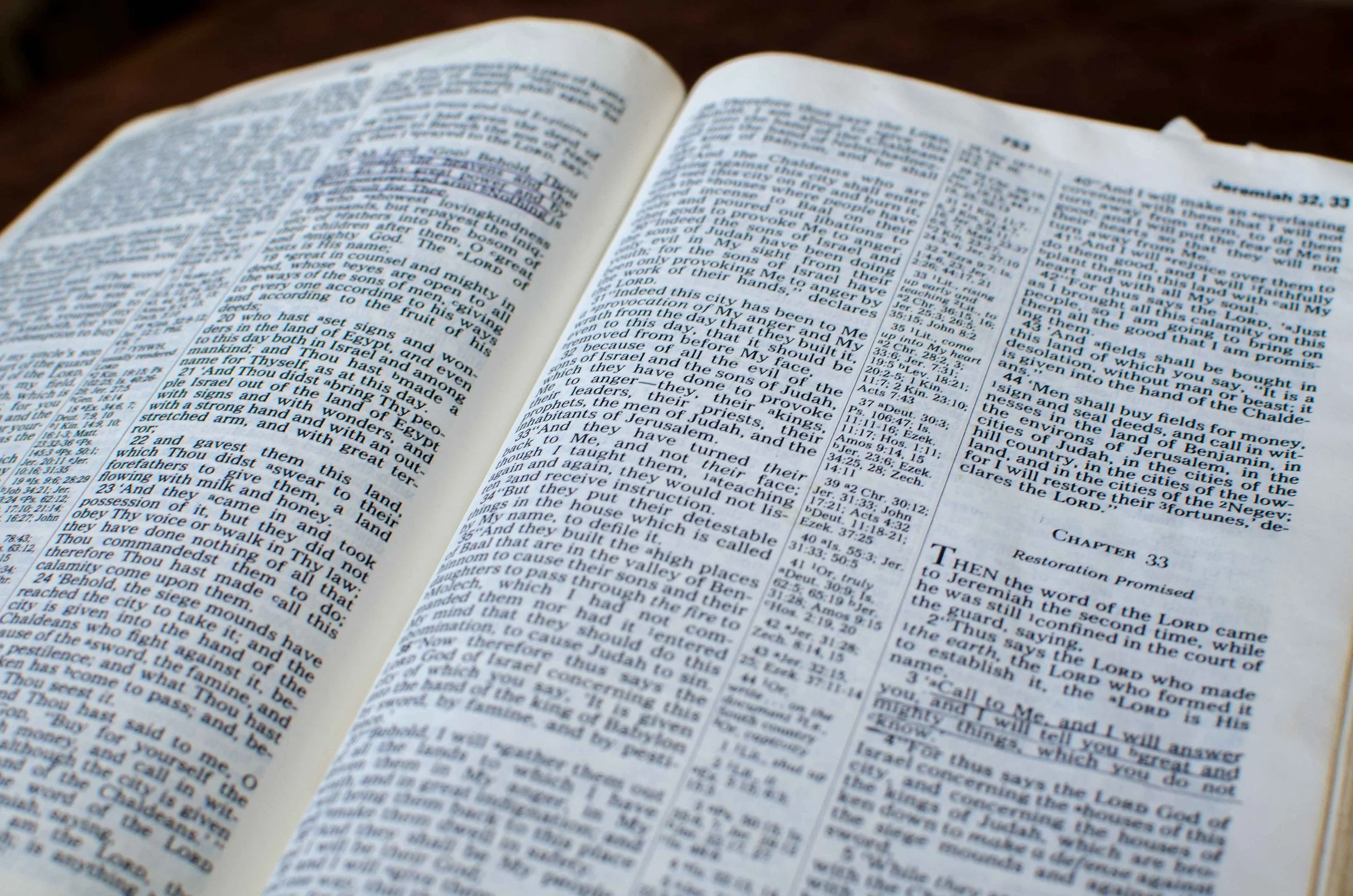God is for Me
I want to go back for a minute and review some of what we have learned in Romans chapter 8. From the very first verse we are reminded that if we are in Christ Jesus we are not condemned (8:1). We are told that the law could not do what it was made to do, which was put us in good standing before an almighty God. It is only the Holy Christ who could bring us to this place, where we are no longer condemned (8:2-4). We are reminded that if we walk according to the flesh we will reap destruction and death, but if we walk according to the spirit, His Spirit, we will reap life (8:5-11). Verses 12-17 talk about our position in Christ. We have been adopted as sons and daughters because of what Christ did for us on the cross. Because of this bond, we suffer with Christ as creation suffers in wait for its return to original beauty and perfection. Our sufferings lead to glorification and redemption (8:18-25)
Image by Shad0wfall from Pixabay
In the next section of the chapter we learn about our victory in Christ. We learn the blessedness of not being alone in our sufferings and that the Spirit intercedes for us when we don’t know how to pray (8:26-27). We also learn that God causes all things to work together for good. In fact he foreknew, predestined, conformed, called, justified and glorified (8:28-30).
Today we are going to look at one verse:
“What then shall we say to these things? If God is for us, who is against us?”
The things that the verse is referring to is everything that came before, thus the reason for the first few paragraphs of review. Matthew Henry states that Paul is speaking “as one amazed.”
“He speaks as one amazed and swallowed up with the contemplation and admiration of it, wondering at the height and depth, and length and breadth, of the love of Christ, which passeth knowledge.”
The word delight comes to my mind. We are amazed, but not in a fearful, anxious way. We are amazed and delighted, much like a mother who receives a dandelion bouquet from their child. We see it as a remarkable, precious gift.
Image by Елизавета Кардасева from Pixabay
After the realization and amazement at all that God has done for us, Paul asks the question, “If God be for us, who can be against us?” It is easy to begin listing all the things we may feel are against us: other people, viruses, age, rising prices, our own poor choices and even the unseen enemy whose name is Satan. While it may seem that these things are against us and indeed we daily fight against many enemies both seen and unsee, the fact of the matter is God is for us.
“If God be for us, who can be against us? The ground of the challenge is God’s being for us; in this he sums up all our privileges. This includes all, that God is for us; not only reconciled to us, and so not against us, but in covenant with us, and so engaged for us—all his attributes for us, his promises for us. All that he is, and has, and does, is for his people. He performs all things for them. He is for them, even when he seems to act against them. And, if so, who can be against us, so as to prevail against us, so as to hinder our happiness? Be they ever so great and strong, ever so many, ever so might, ever so malicious, what can they do? While God is for us, and we keep in his love, we may with a holy boldness defy all the powers of darkness. Let Satan do his worst, he is chained; let the world do its worst, it is conquered: principalities and powers are spoiled and disarmed, and triumphed over, in the cross of Christ. Who then dares fight against us, while God himself is fighting for us? And this we say to these things, this is the inference we draw from these premises.”
I love the sentence, “All that He is, and has, and does, is for his people.” There are so many things we do not know about God, but the parts we do know, the parts revealed through His word and the Gospel all point to His great care and concern for His creation. Like a gentle gardener tenderly works his garden, God tends to our lives. Oh yes, the storms will blow. The wind will whip and and swirl around us. The rain will pelt and batter against us, but He is aware of it all and when the sun comes out again, He will come and cut away the damage, nourish our broken souls and enable rebirth and new life to come from it.
Are you feeling today that everything is against you? God is for you. No matter what your situation is, He is watching over you. Let him tend to your battered heart and create something new.







